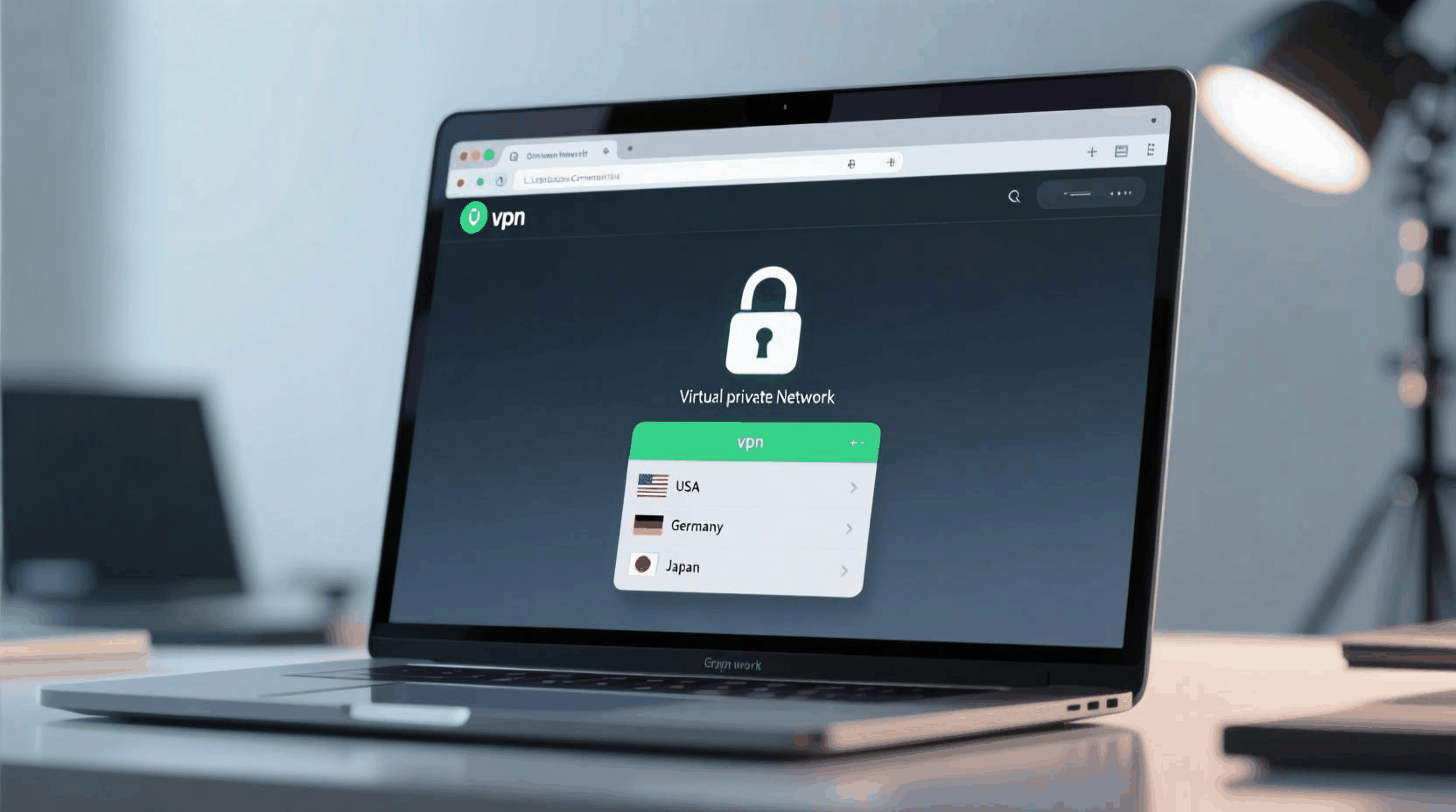What is split tunneling and when should I use it?

Split tunneling is a VPN feature that allows you to choose which traffic goes through your encrypted connection and which traffic uses your regular internet connection. Unlike a standard VPN, where all your data passes through the VPN server, split tunneling gives you control over your network routing.
This feature is ideal for people who want both security and performance. It allows you to protect sensitive activities while keeping other online tasks fast and unaffected by VPN encryption. Many VPN users do not know this feature exists, yet it can significantly improve their experience.
How split tunneling works
You can configure split tunneling in two main ways. One method is app-based. You decide which applications use the VPN. For example, your browser might connect through the VPN for privacy, while a streaming app accesses the internet directly to maintain speed.
The second method is website-based. You choose specific websites or IP addresses that pass through the VPN. Everything else bypasses it. This setup is useful if you only need to access region-restricted content while keeping general browsing fast.
Advantages of split tunneling
Split tunneling improves internet speed. Since some data bypasses the VPN, it does not slow down your entire connection. You can stream, play games, or download large files without significant lag while still protecting sensitive traffic.
You also save bandwidth. Only the traffic that matters goes through the VPN. This can be especially useful on limited data plans or slow connections. You control which traffic needs encryption and which does not.
Access to local network devices becomes easier. Printers, smart TVs, and local servers often require direct access. With split tunneling, you can maintain connections to these devices without disabling your VPN.
Risks and considerations
Split tunneling is not for every situation. Traffic that bypasses the VPN remains exposed to your internet provider, hackers, and other potential snoops. If you use split tunneling carelessly, sensitive information may leak.
Some websites may detect your real IP address if part of your traffic bypasses the VPN. Streaming services might still block content if they see a mix of VPN and non-VPN traffic. You must configure split tunneling carefully to avoid such issues.
Corporate networks may not allow split tunneling. Companies often require all traffic to pass through their VPN for security compliance. Using split tunneling in such cases can violate company policies and create risks.
When to use split tunneling
You should consider split tunneling when you need both privacy and performance. If you stream videos or play online games while accessing sensitive work applications, split tunneling is perfect. Your work traffic remains secure, while your entertainment traffic remains fast.
Travelers may find split tunneling helpful. While staying in a hotel, you can secure banking and email traffic with VPN encryption and access local content or websites that require a local IP without going through the VPN.
Users with limited bandwidth benefit from split tunneling. By routing only necessary traffic through the VPN, you avoid consuming unnecessary bandwidth and reduce slowdowns.
Setting up split tunneling
Not all VPNs offer split tunneling, so check before subscribing. Once available, you usually find the option in the settings menu. Choose applications or websites to route through the VPN, and test to ensure everything works as expected.
Start small. Only select a few critical applications first. Monitor performance and verify that sensitive traffic is protected. Gradually add more applications or websites if needed. This approach minimizes mistakes and ensures safety.
Conclusion
Split tunneling is a powerful VPN feature that balances security, privacy, and speed. It allows you to encrypt only the traffic that matters while keeping other internet activities fast and efficient. With careful configuration, it enhances your online experience without compromising protection.
You should consider split tunneling if you want flexible control over your internet connection. By choosing which apps and websites pass through the VPN, you maintain privacy where it counts and enjoy maximum performance elsewhere. Proper use ensures a safe and efficient online experience for both work and leisure.







